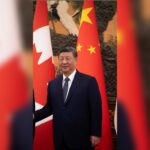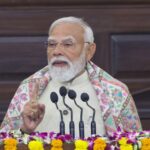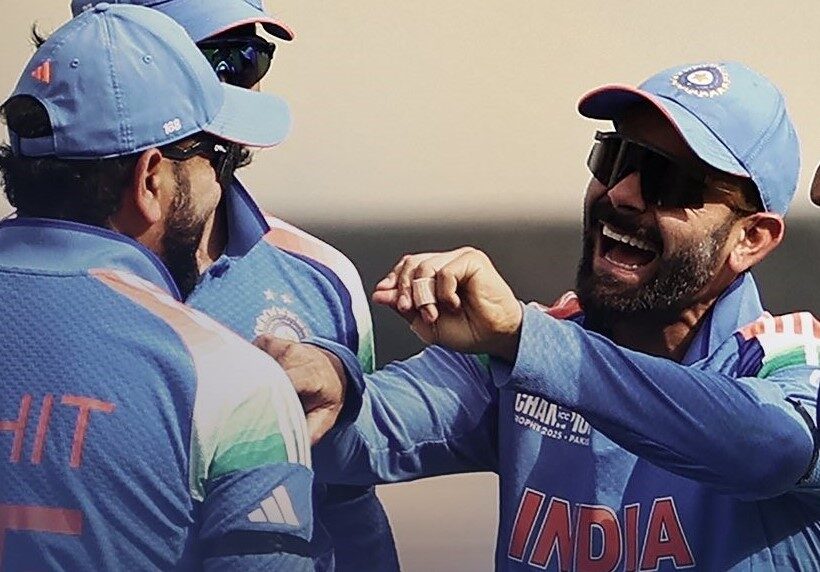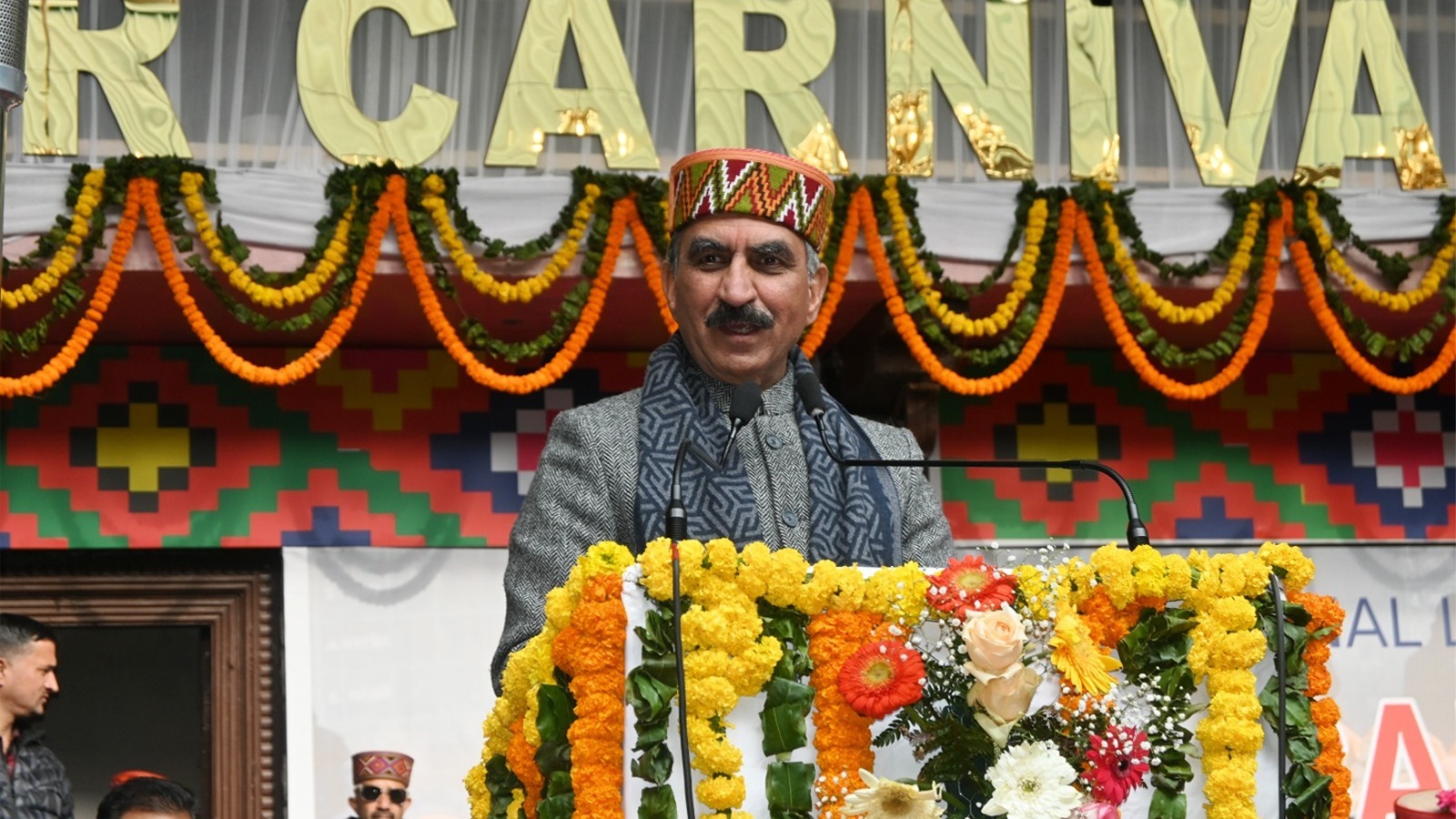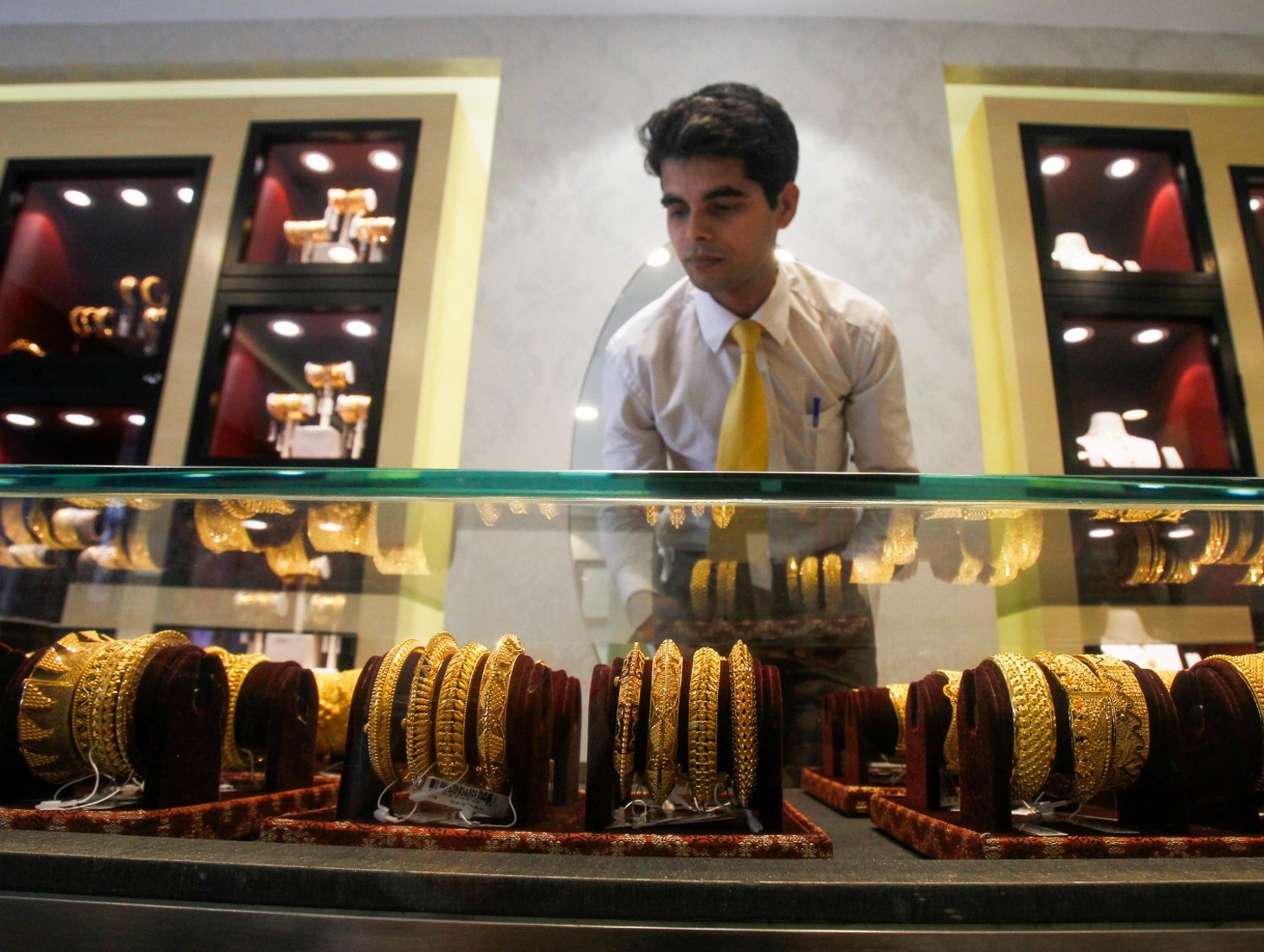The North News
Chandigarh, March 7
India’s strategic move to avoid playing Champions Trophy 2025 matches in Pakistan has delivered a severe financial blow to its cricket board, underscoring the economic and political power dynamics in international cricket. The decision not only shifted key matches out of Pakistan but also left the cash-strapped country grappling with mounting losses.
The International Cricket Council (ICC) had set a budget of approximately Rs 586 crore for the Champions Trophy, covering 15 matches with an estimated Rs 39 crore allocated per match. Four matches that were originally scheduled in Pakistan were moved to Dubai due to India’s security concerns and its firm stance against playing in Pakistan, citing ongoing support for terrorism and safety risks. The relocation of these matches resulted in a financial hit of Rs 156 crore to Pakistan.
With India’s emphatic victory over Australia in the semi-final at the Dubai International Cricket Stadium on March 5, the venue for the final on March 9 was also shifted from Lahore to Dubai, adding another Rs 39 crore to Pakistan’s losses. The total financial damage now stands at a staggering Rs 195 crore.
The Pakistan Cricket Board (PCB) had invested around Rs 561 crore in upgrading its three major stadiums in Lahore, Karachi, and Rawalpindi. The hope was to draw large crowds and generate significant revenue, but the reality proved starkly different. Poor ticket sales, Pakistan’s early exit from the tournament, and two rain-affected matches forced the PCB to refund tickets, further straining its finances.
Even before the tournament started, Pakistan’s hosting plans were on shaky ground. The hybrid model, which allowed India to play all its matches in Dubai, highlighted the BCCI’s (Board of Control for Cricket in India) clout in international cricket. The arrangement meant that while other teams traveled between Pakistan and the UAE, India remained firmly in Dubai, ensuring both safety and convenience.
India’s cricketing influence was evident in Dubai when tickets for the final between India and New Zealand sold out within two hours. Over 1,00,000 fans lined up online for a chance to watch the clash, with ticket prices ranging from AED 250 (approx. Rs 5,940) to a whopping AED 12,000 (approx. Rs 3,00,000) for luxury seats. The fervor among Indian fans turned Dubai into a home venue for the ‘Men in Blue’, reinforcing the narrative of India’s dominance both on and off the field.
Pakistan’s hopes of defending its Champions Trophy title on home soil crumbled when the team, led by Mohammad Rizwan, was knocked out in the group stage. The disappointment was palpable, especially given the PCB’s efforts to market the tournament as a showcase event. Pakistan’s loss to India by six wickets only added salt to the wounds, as the traditional rivalry often attracts massive viewership and commercial interest. Adding to the embarrassment were rain-hit matches and empty stands at several venues.
India’s unbeaten run through the tournament was not just a sporting achievement but also a strategic victory. Under the leadership of Rohit Sharma, India defeated New Zealand, Pakistan, and Bangladesh in the group stage, before knocking Australia out in the semi-finals. Now, India is poised to secure its second Champions Trophy win in Dubai, while Pakistan is left reeling from both financial and cricketing setbacks.
The ICC’s decision to move the final to Dubai reflects a broader trend of India’s influence over global cricket. The BCCI’s refusal to play in Pakistan set a precedent, showing how a nation’s stance on security and politics can shape the landscape of international tournaments.
The PCB now faces an uphill battle not just in financial recovery but also in restoring its credibility as a host for major cricketing events. The poor turnout at matches not involving Pakistan and the logistical issues exposed by rain-hit games have raised questions about its preparedness. The financial strain could also affect future sponsorship deals and the PCB’s ability to support domestic cricket.
As the Champions Trophy 2025 draws to a close, the contrasting fortunes of India and Pakistan serve as a reminder of how sport can be wielded as a tool of soft power. While India eyes another trophy, Pakistan is left counting its losses—both on and off the field.








